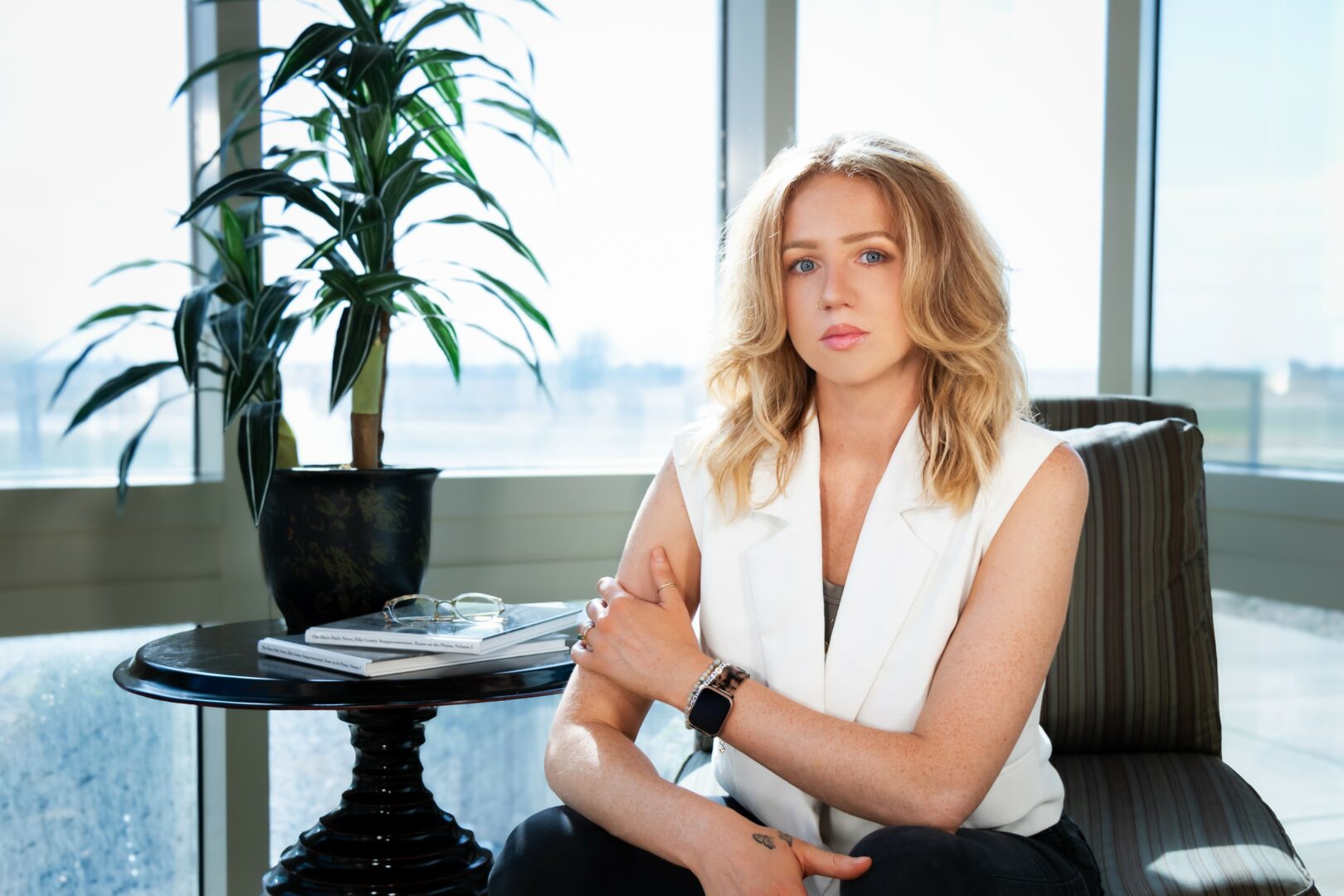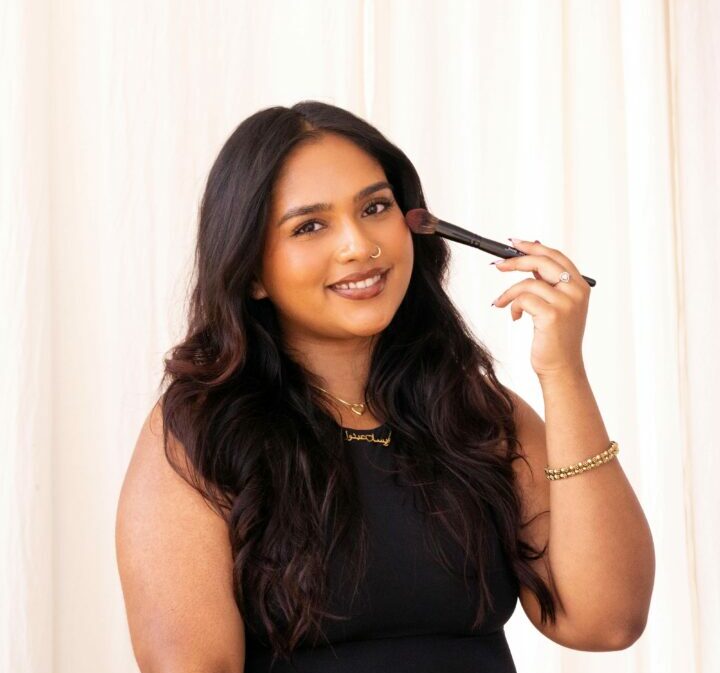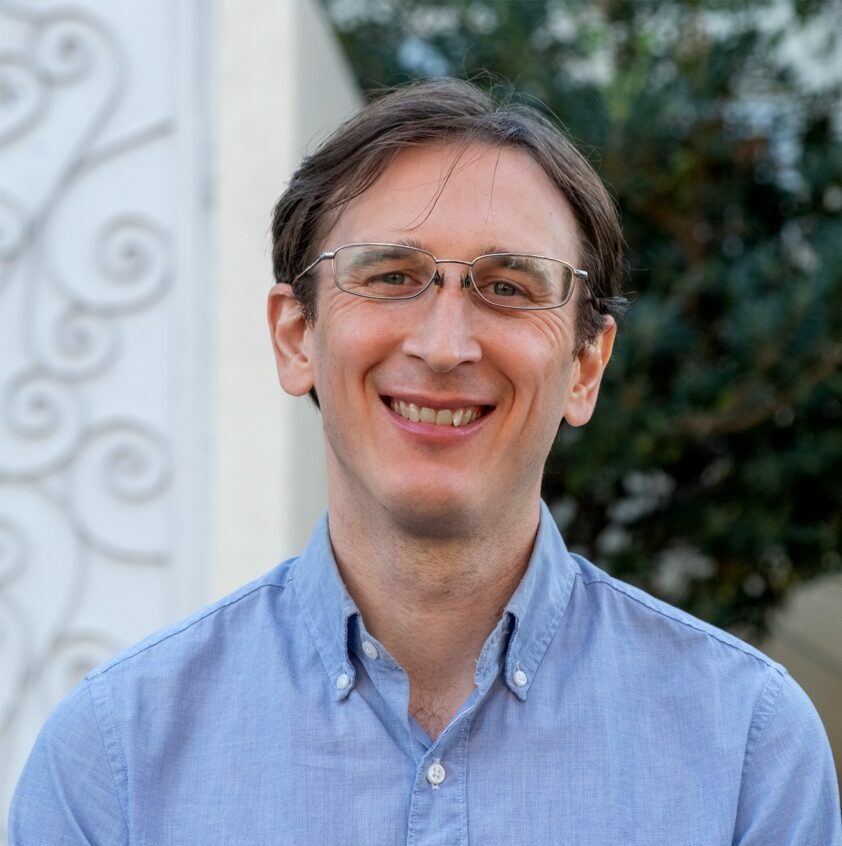We caught up with the brilliant and insightful Hayley Paige a few weeks ago and have shared our conversation below.
Hayley, first a big thank you for taking the time to share your thoughts and insights with us today. I’m sure many of our readers will benefit from your wisdom, and one of the areas where we think your insight might be most helpful is related to imposter syndrome. Imposter syndrome is holding so many people back from reaching their true and highest potential and so we’d love to hear about your journey and how you overcame imposter syndrome.
Honestly, I think imposter syndrome can be a valuable check on my self-awareness. It’s that little voice reminding me that how I see myself might not always match how others see me, especially when I achieve some type of recognition. That feeling of inadequacy can sometimes serve as a form of humility—it keeps me grounded and reminds me that I’m still capable of making mistakes, no matter how far I’ve come. And I think that’s important: staying rooted while still aiming for big dreams.
For me, the key is finding that balance between humility and self-sabotage. A bit of doubt can actually sharpen my focus and keep me from getting too comfortable. But when that doubt turns into overthinking or second-guessing every move, it becomes less of a motivator and more of a roadblock—reinforcing fears of failure or judgment. That’s where I’ve learned to trust the process. Confidence, for me, isn’t about pretending I don’t have doubts; it’s about building some kind of credibility with myself over time, through experience and growth.
In the end, I see imposter syndrome as a grounding force, as long as I stay aware and don’t let it stop me from moving forward. Like Seneca said, “We suffer more in imagination than in reality.” So it’s about recognizing when my fears are just that—imagined—and pushing forward with a sense of curiosity and courage.


Thanks, so before we move on maybe you can share a bit more about yourself?
Last year, on International Women’s Day, I launched a nonprofit called A GIRL YOU MIGHT KNOW FOUNDATION, which provides advocacy and resources to young artists, creators, and entrepreneurs. My own experience navigating a major pivot in my design career due to a legal dispute taught me firsthand how crucial it is to protect your work and your right to make a living from it. I was in a unique situation, having been legally barred from using my own name and practicing my chosen trade because of a contract I signed early in my career that included noncompete and intellectual property clauses.
This journey ultimately led me to testify in front of the U.S. Senate, where I shared my story and shed light on the broader issue of creative ownership and fair contract law. It was a moment of realization—my story wasn’t just about me; it was part of a much larger conversation that affects so many young creatives who often sign contracts without fully understanding the implications.
A GIRL YOU MIGHT KNOW FOUNDATION aims to safeguard the interests and creativity of young talent during the most formative years of their careers. We offer referrals to pro bono and low-cost legal resources, share experience-based content to educate and empower, and award an annual financial grant to one promising creative. The mission is rooted in protecting young professionals from one-sided contracts and ensuring they don’t compromise too much of their own rights in the pursuit of their passions.


Looking back, what do you think were the three qualities, skills, or areas of knowledge that were most impactful in your journey? What advice do you have for folks who are early in their journey in terms of how they can best develop or improve on these?
The first skill I’d highlight is adaptability. Life will throw challenges your way, and sometimes circumstances won’t work out in your favor. The key is to not let those setbacks be in the driver seat. You have to be willing to pivot and shapeshift, to take control of the areas in your life where you can move forward. It’s really a mindset shift—focusing on what you can control and making decisive moves that are in your best interest. For me, that adaptability has been critical in navigating both my career and my personal journey…and knowing the direction is always more important than the speed.
The second skill is believing in the power of consistent effort. I’m not a big believer in the idea of overnight success; I’m much more of the ‘practice makes progress’ mindset. Putting in the reps, staying committed to your craft, and showing up for yourself every day—that’s what brings real growth. Over time, your skills improve, and so does the way you present yourself to the world. For me, it’s been about consistency and showing up for yourself — especially on the days you really don’t feel like it.
And finally, I think having a sense of humor is essential—especially when things get tough. It’s easy to take yourself too seriously, but I’ve learned that finding play and lightness, even in difficult moments, is so important. No one is going to give you permission to enjoy your life; you have to create that for yourself. There’s always room for creativity, love, and laughter, even in the hardest times. I truly believe the light and dark can coexist, and finding those pockets of joy has made all the difference for me.


Okay, so before we go we always love to ask if you are looking for folks to partner or collaborate with?
Ultimately, our goal is to be present in environments that foster learning, creativity, mentorship, and empowerment—places where our foundation can make a tangible difference in shaping the futures of young artists and entrepreneurs.
Women’s organizations are a natural fit, especially those focused on supporting young creatives, entrepreneurs, and professionals. These groups tend to have a strong network of individuals navigating the early stages of their careers, where they’re most vulnerable to unfair contracts or intellectual property issues. By collaborating with women’s groups, we can share our resources, offer legal referrals, and highlight personal stories that others can relate to and learn from.
We’re also drawn to entrepreneurship summits and conferences, especially those geared toward small business owners and industry disrupters. These events are fantastic platforms for us to engage with emerging talent, offer workshops, and provide mentorship on safeguarding creative work. Entrepreneurship circles often foster collaboration, and we’ve found that being present in those spaces allows us to extend our reach and support for young professionals just beginning their journey.
Additionally, branding and business mastermind groups are incredibly thought provoking. These are spaces where individuals are honing their brands and building their businesses, which is the exact point where understanding intellectual property, contracts, and ownership is crucial. Collaborating with masterminds allows us to not only offer resources but also engage in deeper conversations about long-term career sustainability and protecting creative rights as businesses evolve.
Contact Info:
- Website: https://agirlyoumightknowfoundation.org
- Instagram: @agirlyoumightknowfoundation @sheischeval @misshayleypaige
- Other: sheischeval.com agirlyoumightknowfoundation.org @misshayleypaige






Image Credits
@misshayleypaige and @garnetdahlia
so if you or someone you know deserves recognition please let us know here.




